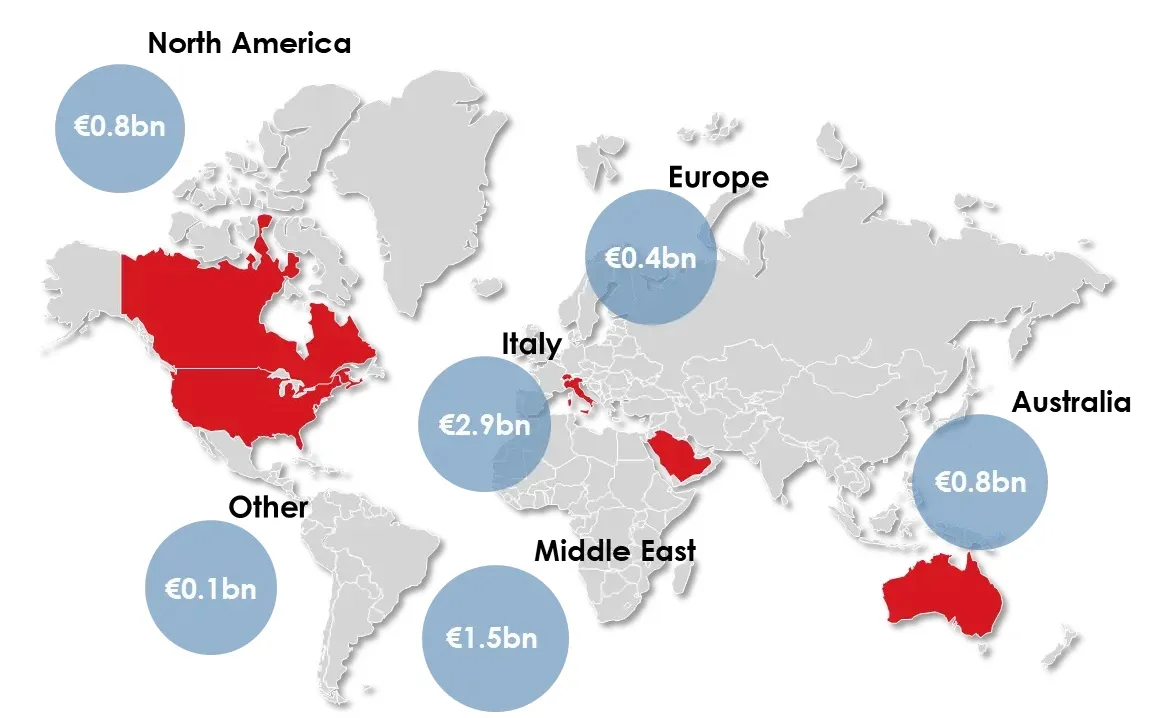
Global construction and infrastructure services group Balfour Beatty remains upbeat about full-year 2021 performance ahead of its annual general meeting.
For the first four months of the year, the average monthly net cash balance was around £600 million (US$843 million). Full year 2020 average was £527 million ($740.5 million) while December 2020 net cash balance was £581 million ($816.4 million).
The board continues to expect that the earnings-based construction services and support services will deliver underlying profit from operations for 2021 in line with 2019, around £172 million ($241.7 million). For the asset-based infrastructure investments) the group has re-started the process of selling assets, as demand for high quality infrastructure assets in the secondary market is high, according to a press release.
At the end of March, the group’s order book was £15.7 billion ($22 billion), down slightly from £16.4 billion ($23 billion) in December 2020. “Balfour Beatty remains positive about the strong medium term outlook in its core infrastructure markets, where the group is well positioned and will continue its profitable managed growth strategy through selective bidding,” noted the group.
At construction services, across the portfolio operations continue to recover from the impacts of the pandemic. The most impacted geography in the first quarter remained UK construction where strong performance on infrastructure projects for public sector customers continues to be offset by the private sector market.
Support Services has maintained its strong 2020 performance into the new year. The power, road and rail maintenance business units continue to deliver for their customers and in line with the group’s withdrawal from the gas and water sector, the last significant utilities contract completed in March 2021.
Leo Quinn, Balfour Beatty group chief executive, said the impact of the pandemic, coupled with political changes in the US and UK, have accelerated those governments’ spending plans on infrastructure and sustainability as a means to stimulate economic recovery. “Today, Balfour Beatty is very well positioned to capitalise on these changes to grow profitably in its chosen markets,” he said.
Balfour has been involved in the UK’s biggest road project, the A14 improvement scheme, around £1.5 billion ($2.1 billion).
Meanwhile, Charles Allen will join the board as a non-executive director and become chairman on 20 July, succeeding Philip Aiken who has been chairman since 2015.







